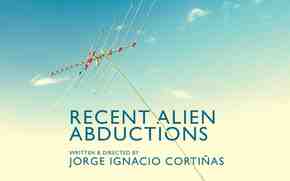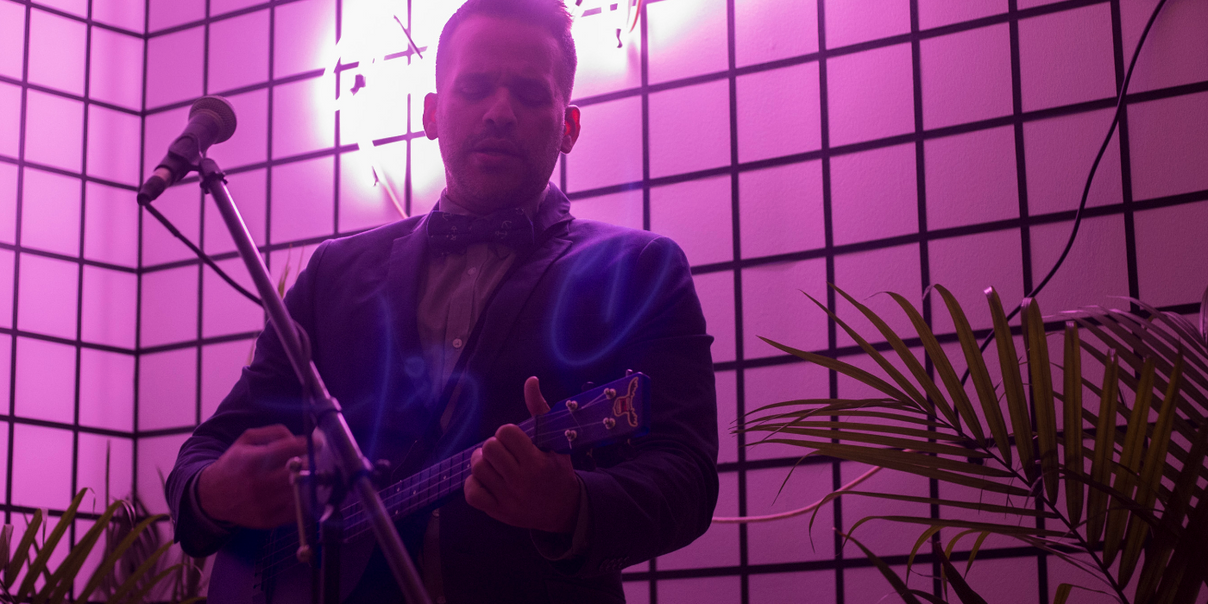

It Starts with Words on a Page: Chatting with Huáscar Robles
Huáscar Robles, Journalist, photographer and documentarian, will be leading The Impact of Hurricane Maria – How the devastation was not a “natural” disaster on Sunday, March 10 at noon. Huáscar spoke with us recently about his recent work and his relationship to Puerto Rico.
You wear many hats including: writer, on-air correspondent, photographer, and multimedia artist. How have you been able to juggle all your different passions? How do you make decisions on which projects to take on next and where to focus your efforts?
That’s a great question. I am writer and I seek other media that fit the subject matter and the intended audience. It all starts with words on a page. What is the problem? Haiti’s reconstruction, Puerto Rico’s economy, environmental racism? Then I seek the right media: photo, text or both. If I believe the audience is more receptive to a carefully tailored narrative with compelling subjects they can relate to, then I write a nonfiction piece. If I trust images can deliver the message, they I go for video and stills. But our discerning, over stimulated, technology obsessed brains enjoy a sensory experience. I think multimedia and interactive experiences can deliver powerful message. But that’s the key: the message. You may have a powerful infrastructure: art show, website, deliverables, etc., but if the message is not well explained, then it falls flat. That’s why it all starts with words on a page.
You grew up in Puerto Rico, studied in Brazil, were a correspondent in Haiti, and live in Harlem. What have you learned from your time in each of these places and has your perspective on the world shifted in any way? If so, how?
My world perspective shifts daily. I live in New York and New Yorkers inform my world view in every subway stop. All of the countries and neighborhoods I have visited have one thing in common: culture. Culture, ritual and art are the elements that help them cope with the struggle. The Haitian dance troupe Ayikodans used their bodies to heal after the earthquake. In Brazil’s Caravelas, festivals carry on the candomblé tradition even when it’s dissipating in other regions. In Puerto Rico, experimental theater and performance has evolved into a powerful tool against expropriation: Bubú Negrón, Noemí Segarra, Shey Rivera, and Las nietas de Nonó among many have used art, their bodies and multimedia to reclaim space and coop history.
You’ve recently started hosting and producing a podcast, Catatonia, which you described as a cultural podcast about Puerto Rico before and after Hurricane Maria. Where does the name of your podcast, Catatonia, come from and what is its significance to you?
Catatonia is a state of shock. We were catatonic after Hurricane María. Catatonia was a forum to discuss important topics –the inadequate response, mental health and the effect of the economy on minorities and the LGBTQ communities, for example. But most important, I wanted to discuss ways to fight the trauma to avoid defining ourselves through trauma and instead define ourselves through our victories, through our healing.
In Catatonia, you often frame the topics you cover in the context of your family. What role does your family play in your life and why is it important to you to frame the episodes in this way?
While I wanted to go to Puerto Rico and report from the ground, I had to stay in New York to take care of my mom who was healing from her own traumatic encounter with the hurricane. My mom and my family members became the most immediate sources of information. However, I expanded to interviewing artists, journalists and activists who really made the podcast what it was: a way to regain the power we had lost.
You’ve worked on several significant projects including writing for Puerto Rico’s El Nuevo Día, developing multiple photography and multimedia projects, producing a documentary, and working on your podcast, Catatonia. What are you working on now and what are some future projects you are excited about?
I went back to my roots as a writer. After four years, two of which I spent at NYUs Creative Writing Program in Spanish, I just completed my second book. It’s a novel centered on how sexuality, religion and US intervention clashed in a family in rural Puerto Rico. Who knows, sounds like it could be a good play.
IdeaLab is being hosted by our community partner, the Office of Diversity and Inclusion at New York Law School, located at 185 West Broadway. Attendees must show a valid government issued I.D. at the security desk. If you are interested in attending, please sign up to guarantee your reservation.
For further reading on the topic of The Impact of Hurricane Maria – How the devastation was not a “natural” disaster we recommend these resources:
- From the Puerto Rico Syllabus:
- The Storm
- The Aftermath
- What the Storm Revealed
- From the Conversation, by Catalina M. de Onís: For many in Puerto Rico, ‘energy dominance’ is just a new name for US colonialism
- From The Miami Herald, by Patricia Mazzei & Omaya Sosa Pascual: ‘Days were lost’: Why Puerto Rico is still suffering a month after Hurricane Maria
- From the Guardian, by Marisol LeBrón: Congress could help Puerto Rico recover. What’s stopping it?
Related Productions

Written by
Cynthia Tong
Photo provided by Huáscar Robles, from multimedia performance Fantasy Island with Shey Rivera